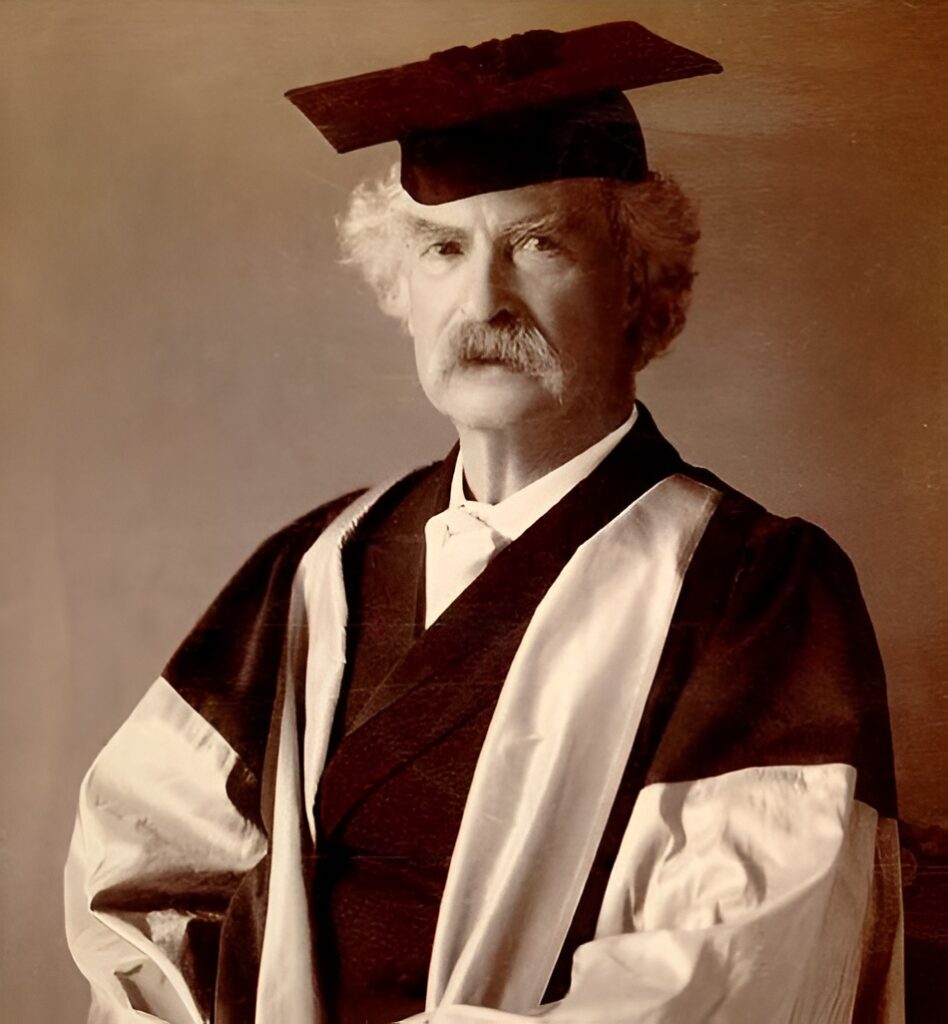Jean-Luc Godard? Ansel Adams? Richard Roud? Apocryphal?

Question for Quote Investigator: When you create a photograph or film your intentions should be well defined. Here are three pertinent statements which may be grouped together:
(1) There is nothing worse than a sharp image of a fuzzy concept.
(2) There’s no point in having a sharp image if intentions are blurred.
(3) There’s no point in having sharp images if you’ve got fuzzy ideas.
This notion has been attributed to French New Wave filmmaker Jean-Luc Godard and U.S. photographer Ansel Adams. Would you please explore this topic?
Reply from Quote Investigator: In 1963 the French journal “Cahiers du Cinéma” published a review by Jean-Luc Godard of recent works by the British documentary director Richard Leacock. Godard criticized Leacock’s style of cinéma-vérité because it did not embody a viewpoint or attitude. The following excerpt in French is accompanied with one possible English translation. Boldface has been added by QI:1
Privée ainsi de conscience, la caméra de Leacock, malgré son honnêteté, perd les deux qualités fondamentales d’une caméra ; l’intelligence et la sensibilité. Rien ne sert d’avoir une image nette si les intentions sont floues. Son manque de subjectivité conduit d’ailleurs Leacock à manquer finalement d’objectivité.
Thus deprived of conscience, Leacock’s camera, for all its honesty, loses the two fundamental qualities of a camera: intelligence and sensitivity. There’s no point in having a sharp image if intentions are blurred. Indeed, Leacock’s lack of subjectivity ultimately leads to a lack of objectivity.
Godard’s analysis of Leacock’s films also included the following statements:
On peut l’expliquer facilement en disant que l’équipe de Leacock met en scène au niveau d’un Gordon Douglas, même pas d’un Hathaway ou d’un Stuart Heisler. Avec en plus ce défaut qu’ils ne savent même pas qu’ils mettent en scène, et que le reportage pur n’existe pas.
This can easily be explained by saying that Leacock’s team directs at the level of a Gordon Douglas, not even a Hathaway or a Stuart Heisler. With the added flaw that they don’t even know they’re directing, and that pure reportage doesn’t exist.
In 1968 U.S. film critic Richard Roud published “Jean-Luc Godard”. Roud was a movie enthusiast who co-founded the New York Film Festival. In his book about Godard, Roud discussed cinéma vérité, and he included a germane quotation in English attributed to Godard. No citation was specified for the commentary, but the likely source was the “Cahiers du Cinéma” passages presented previously in this article:2
The implication, of course, is that cinéma vérité does not give us the truth. It, too, is a kind of counterfeit passed off as the real thing . . . Or like Godard’s view of Richard Leacock:
“There’s no point in having sharp images if you’ve got fuzzy ideas. Leacock’s lack of subjectivity leads him ultimately to a lack of objectivity. He doesn’t even know that he is a metteur en scène, that pure reportage doesn’t exist.”
Below are additional selected citations in chronological order.
Continue reading “Quote Origin: There’s No Point in Having Sharp Images If You’ve Got Fuzzy Ideas”







